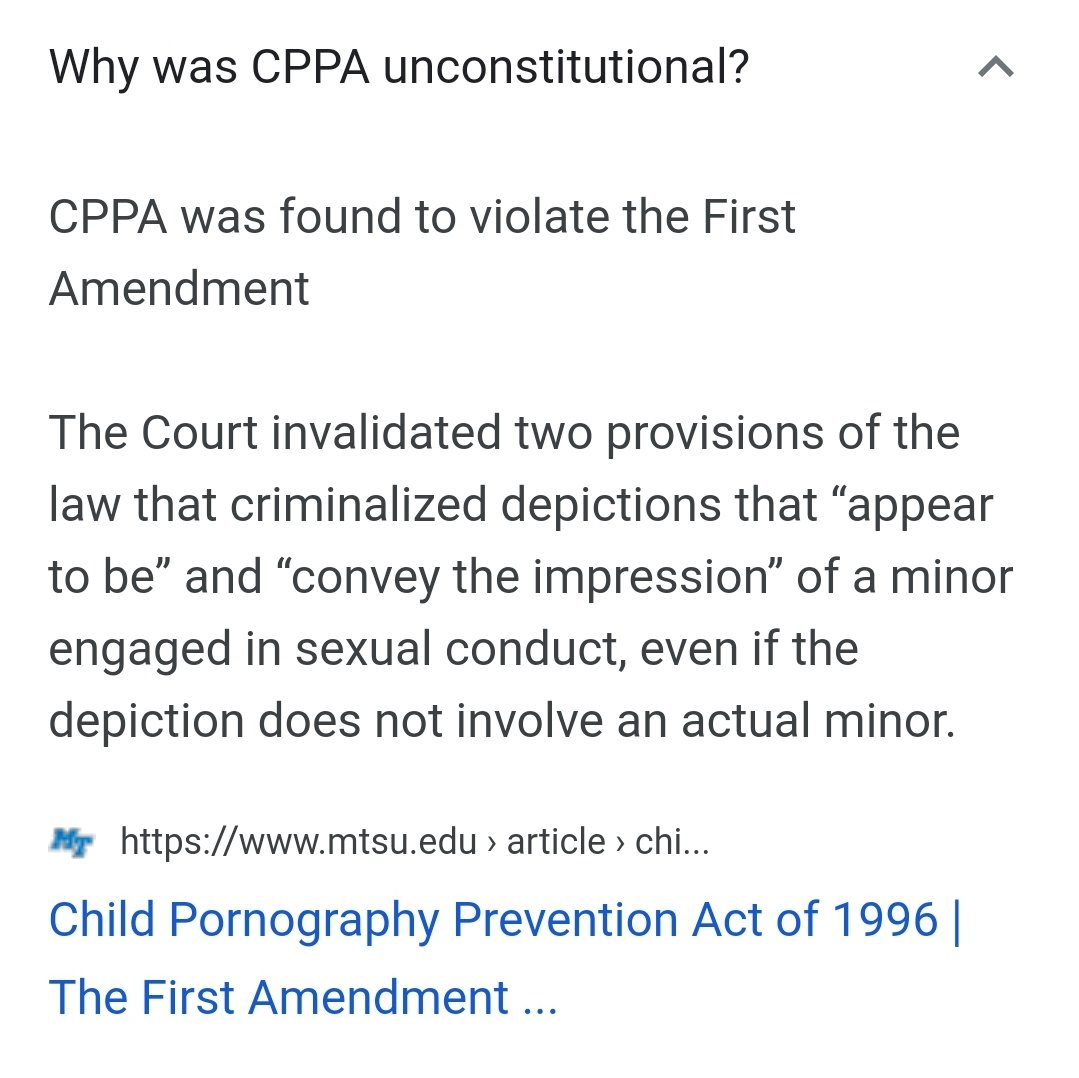

In its most basic sense, “color me” means “consider me” or “regard me as,” often in a jocular sense (“Me - I just left. “Color” as a verb has been used in a variety of senses, most of which involve either literally or metaphorically applying color (either literal or figurative) to something, which brings us to “color me stupid” and similar “color me” or “color him/her/them” phrases. Since the early 18th century, “color” has also been used to mean “features that make something interesting,” as in “local color” or “color commentary” in sports matches.

One of the more interesting uses of “color” has been to mean “pretext” or “excuse” (“The transfer was only a colour for an advance of money,” 1855).

The earliest senses of “color” were those related, as you’d expect, to hue, tint, pigment, etc., but almost immediately we also began to employ “color” in various figurative senses, usually regarding appearances, authority or other intangible aspects of society (“This … would at once give the movement the colour of a general revolt,” 1941). However you choose to spell it, “color” comes ultimately from Latin roots that carried the sense of “covering, concealment.” “Color” is frequently spelled “colour” in British English, reflecting its Anglo-Norman heritage, but “color” is far more frequent elsewhere. The common noun “color” first appeared in English in the early 13th century, and the verb “to color” followed in the 14th. “Color me cautious,” for instance, seems more vivid, and less dismissive, than the dull “I’m skeptical.” Of course, that “color me extremely unconvinced” is pretty dismissive, just a tad shy of declaring something (in that case, a silly theory about “moolah”) to be “utter hogwash.” But it was. But “color me” as a rhetorical device is useful. Thanks to the awesome power of The Google, I see that my website boasts one “color me envious,” one “color me cautious,” a “color me psychic,” a somewhat wobbly “color me extremely unconvinced,” and three, count ’em, three, instances of “color me stupid.” I guess “stupid” wins. I do seem to have used the phrase without explanation quite a few times in my columns. I’ve heard it and used it often myself but where, may I ask, does it come from? - Mark. Dear Word Detective: The phrase “color me ” appears numerous times on your site.


 0 kommentar(er)
0 kommentar(er)
